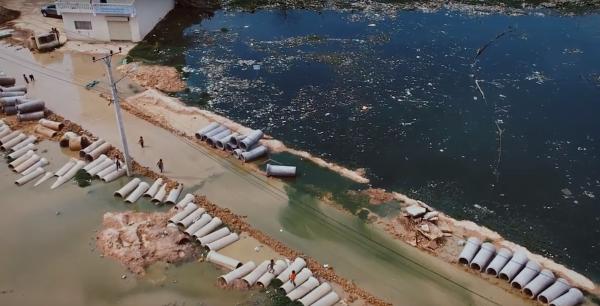Cambodia: the EU grants EUR 12.7 million to deliver safe, drinking water to some of Phnom Penh's poorest neighbourhoods

The EIB experience from financing water and waste-water infrastructure around the world shows that access to improved water supply, sanitation, and hygiene results in:economic development and poverty reduction;increased food safety and better food and nutrition security as well as livelihoods;improved protection of the environment;reduced health and time burden which frees up the time of carers;improved school enrolment and retention rates, especially for girls;improved safety of women and girls, as the main water collectors;more time up women to engage in other activities with reduced work and water collection time; and,empowered communities and new opportunities for women where they are involved in their management.The infrastructure will bring safe, drinking water and improve quality of living for 700,000 people from some of the poorest neighbourhoods in the city.
